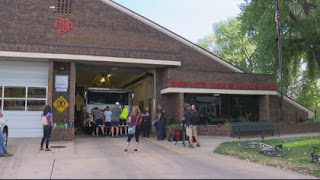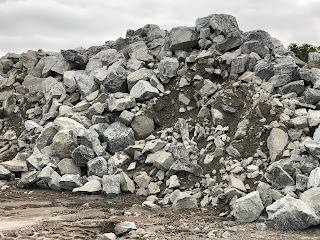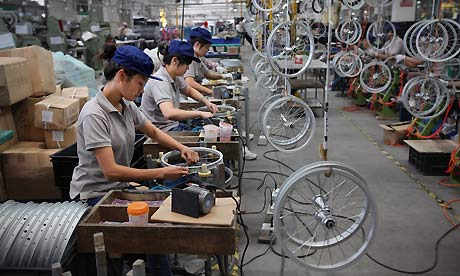I am a cyclist. I am also an educator.
Ergo, I should be able to teach someone how to ride a bike. Right?
Well, I've tried and I've tried. But I just can't get Marlee on the saddle. I also couldn't get Max, Candice, Charlie I, Charlie II or Caterina. There was always some issue: Their legs couldn't reach the pedals. Or the top tube (or stem) was too short. Or they worried, despite my assurances to the contrary, that dogs would chase them.
Tell me: Where have I failed?
Ergo, I should be able to teach someone how to ride a bike. Right?
Well, I've tried and I've tried. But I just can't get Marlee on the saddle. I also couldn't get Max, Candice, Charlie I, Charlie II or Caterina. There was always some issue: Their legs couldn't reach the pedals. Or the top tube (or stem) was too short. Or they worried, despite my assurances to the contrary, that dogs would chase them.
Tell me: Where have I failed?



































